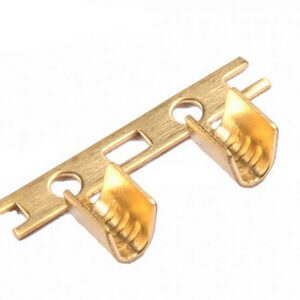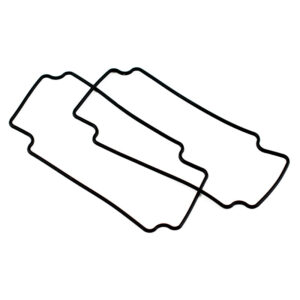Overview:
Silicon Cap, also known as silicone button cover, is characterized by its flexibility, durability, and resistance to environmental factors. Its representative advantages include tactile feedback, water resistance, and reliable performance in various conditions.
![]()
Silicon Caps find application in industries such as consumer electronics, automotive, and medical devices, providing a reliable interface for buttons and switches. Their versatility, coupled with the ability to endure harsh environments, makes Silicon Caps a preferred choice for enhancing user experience and product longevity.
Silicon Cap Category
- Electronic Component Protective Caps:Used to safeguard electronic components, chips, or other small electronic devices from dust, moisture, chemicals, and physical damage.
- Sensor Protective Caps:Designed to cover and shield sensors, ensuring their proper operation in harsh environments, such as protection against dust, water, and chemical corrosion.
- Optical Device Encapsulation:Employed for encapsulating and safeguarding optical devices like laser diodes (LD) to maintain their performance and prevent external interference.
- Cable End Protection Caps:Utilized to protect the cable ends, ensuring stable connections and preventing dust, moisture, and other contaminants from entering connectors.
- Medical Device Seals:In the medical field, silicone caps are used to seal and protect critical components of medical devices, ensuring hygiene and safety during use.
- Industrial Equipment Protective Caps:Applied to cover and protect crucial components of industrial equipment against dust, corrosion, high temperatures.
- Cable Terminal Encapsulation:Used to shield cable terminals, preventing oxidation, corrosion, and mechanical damage.
- High-Temperature Silicone Caps:Specifically designed for high-temperature environments, offering excellent heat resistance for covering and protecting components operating under elevated temperatures.
The Process Of Production
- Design:Create the cap’s shape and size using computer-aided design (CAD).
- Mold Making:Craft a mold that matches the cap’s shape, often using materials like silicone rubber.
- Silicon Preparation:Get the silicon material ready, usually in liquid form.
- Injection:Inject the liquid silicon into the mold, ensuring it fills the space completely.
- Curing:Allow the silicon to solidify, either naturally or by applying heat.
- Demolding:Take the solidified silicon cap out of the mold carefully.
- Finishing Touches:Trim, polish, or clean the cap to meet final standards.








